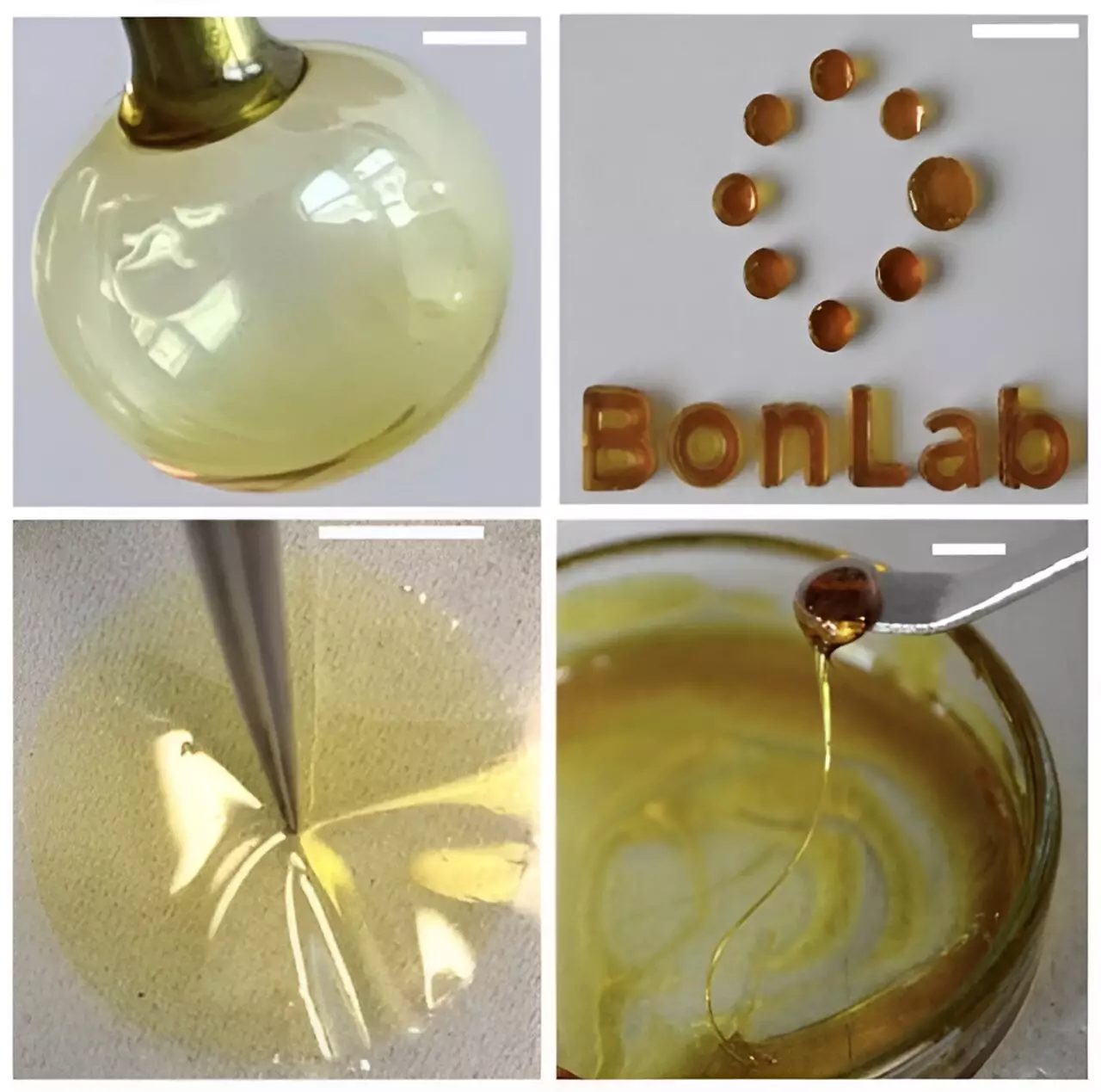Plastics have long been a staple in modern manufacturing, but their detrimental environmental impact has spurred a global search for eco-friendly alternatives. At The University of Warwick, researchers have been at the forefront of this movement, making significant advancements in the quest for sustainable materials to replace conventional plastics.
In response to escalating environmental concerns, the shift towards a circular economy, and evolving consumer preferences, the research team at The University of Warwick has identified a promising solution in the form of organic eutectics. These unique mixtures of small organic molecules, created by combining crystalline components, have shown potential to replace polymers in a variety of products.
Advancements in Material Composition and Analysis
The researchers have successfully developed a series of hydrophobic eutectic molecular liquids and glasses, meticulously crafted through the combination of different crystalline components. Utilizing advanced techniques such as differential scanning calorimetry (DSC) and UV-vis spectroscopy, the team has precisely determined the composition of these eutectics. By employing a trained partial least squares regression model, the analysis has been refined to ensure accuracy in identifying the optimal material blends.
One of the key challenges in creating sustainable plastic alternatives is ensuring long-term stability. To address this concern, the Warwick team conducted extensive testing on the amorphous materials over a period of up to 14 months. Through the use of powder X-ray diffraction (PXRD), they confirmed the materials’ resistance to crystallization, a crucial factor in maintaining product integrity throughout its shelf life.
Processability and Tailoring Properties for Specific Applications
In addition to stability, the researchers also investigated the processability of the materials by examining their rheological properties. It was discovered that all the liquids exhibited low fragility indices, making them suitable for a wide range of manufacturing processes including glassblowing, fiber pulling, film formation, and molding. Moreover, the team demonstrated the ability to tailor the properties of these materials to specific applications by blending different eutectic systems or incorporating plasticizers.
Future Prospects and Practical Applications
Prof. Dr. ir. Stefan Bon, the lead investigator of the study published in Chemical Science, expressed his excitement about the potential of these materials in the formulation industry. The innovative eutectic systems offer an opportunity to develop high-performance materials that can effectively replace conventional polymers in various applications. With the ability to be tailored for specific uses, these materials hold promise in sectors such as drug delivery and beyond.
The groundbreaking research conducted by The University of Warwick showcases the immense potential of organic eutectics as sustainable alternatives to traditional plastics. By leveraging innovative materials science techniques and a deep understanding of material composition and properties, the researchers have opened new doors for the future of eco-friendly manufacturing. As the world continues to prioritize sustainability and environmental responsibility, these advancements mark a significant step towards a more sustainable future for the plastics industry.


Leave a Reply